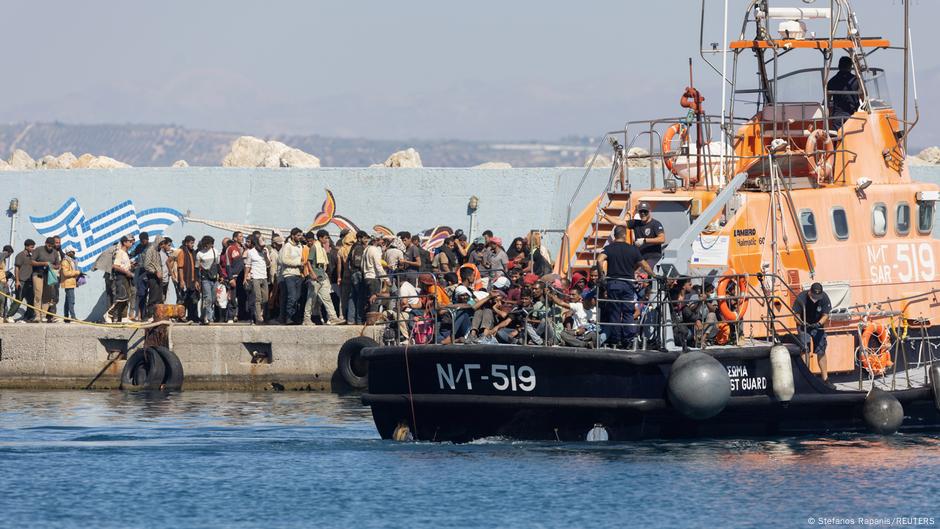
Greece has passed a new law allowing authorities to reject asylum applications from migrants arriving via Libya,designating the North African country as a “safe third country.”
The move has drawn sharp criticism from human rights organizations,who argue that Libya remains unsafe for migrants and asylum seekers.
The legislation,approved by the Greek parliament on July 11,enables the government to fast-track deportations of individuals who transited through Libya,even if they face persecution in their home countries.
Greek officials argue that the measure is necessary to curb irregular migration and reduce pressure on the country’s asylum system.
According to the Greek Ministry of Migration and Asylum,the number of arrivals by sea has increased significantly in 2025,with many migrants departing from Libya’s western coast.
The new law is part of a broader strategy to deter crossings and shift responsibility for asylum processing to countries of transit.
However,rights groups,including Amnesty International and the Greek Council for Refugees,have condemned the law,citing widespread reports of abuse,arbitrary detention,and human trafficking in Libya. They argue that designating Libya as a safe country violates international and EU asylum law,which requires that third countries offer effective protection and uphold human rights standards.
The European Commission has not yet commented on the Greek legislation,but the move could reignite tensions within the EU over migration policy and burden-sharing.
Libya,still grappling with political instability and the presence of armed militias,remains a key departure point for migrants attempting to reach Europe. The United Nations and humanitarian organizations have repeatedly warned that conditions in Libyan detention centers are inhumane and that migrants face serious risks of violence and exploitation.
Greece’s new policy reflects a growing trend among EU member states to externalize asylum responsibilities to third countries,a strategy that continues to face legal and ethical scrutiny.
United News - unews.co.za